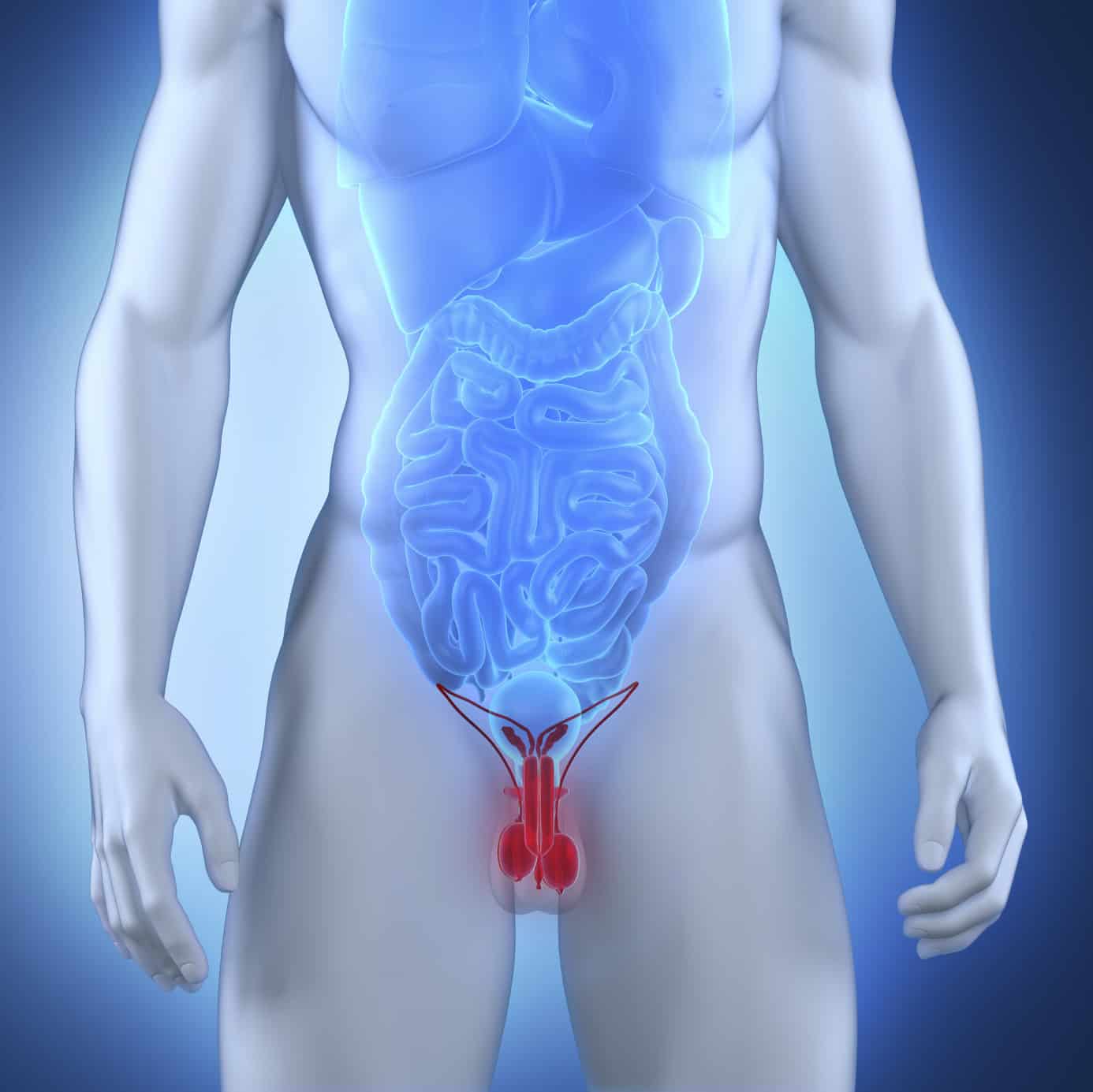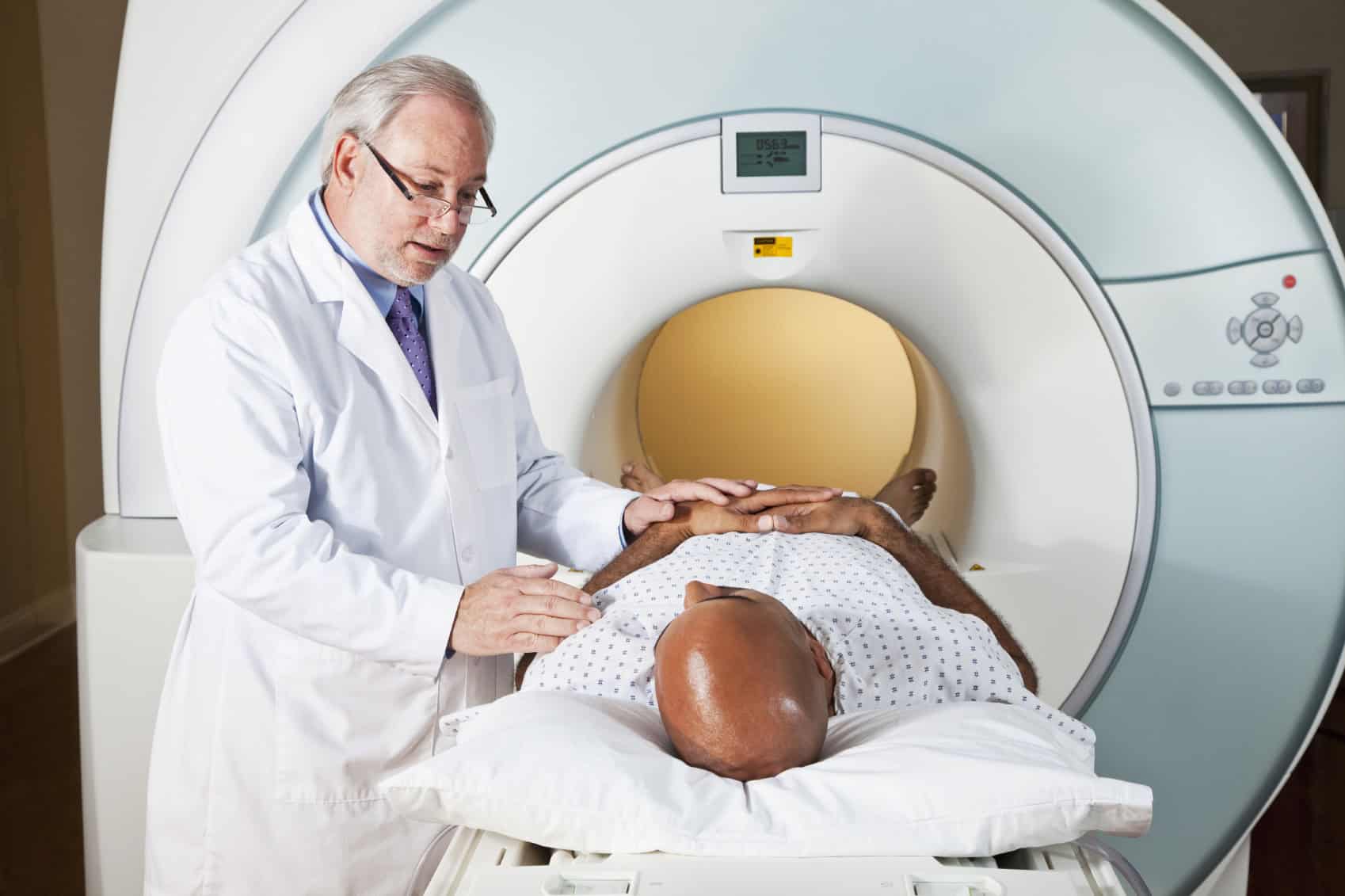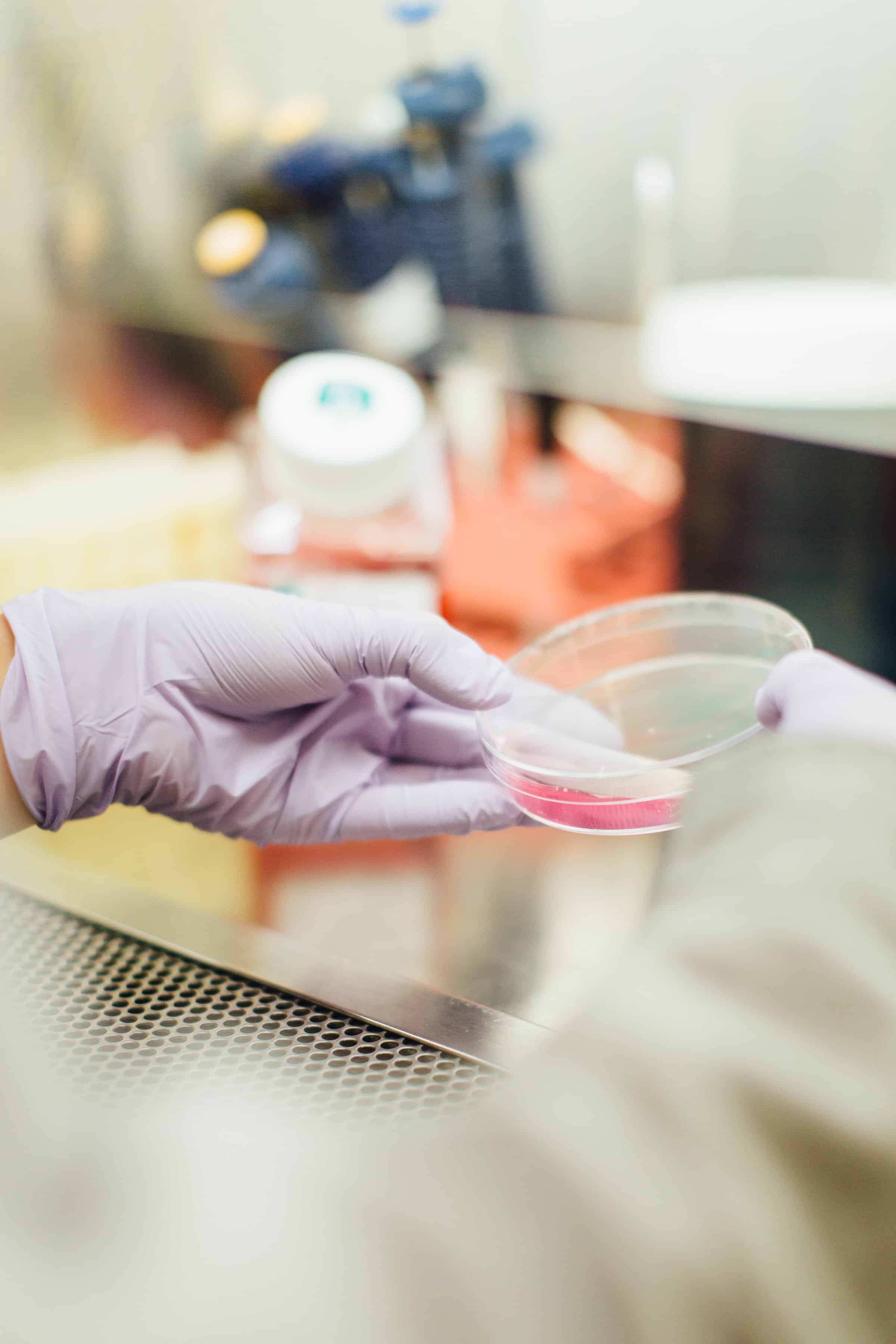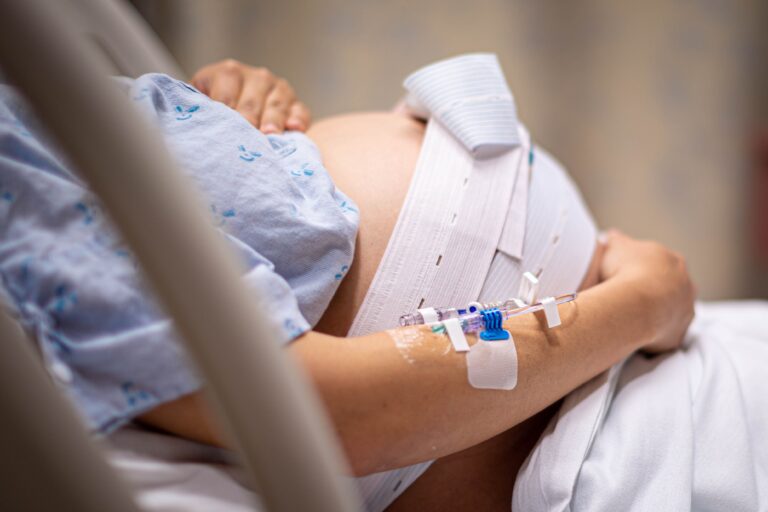Our skilled and supportive team will fight to ensure that where your treatment and care was negligent, you will receive the compensation you deserve.
Contact us now to find out how we can help you. Claims are usually funded on a no-win, no-fee basis, and most cases do not even reach court.
Testicular cancer
The testicles are part of the male reproductive system. Contained in the scrotum, they produce both sperm and the hormone testosterone.
Thankfully, testicular cancer is relatively rare, and it is possible to cure testicular cancer at all stages with treatment.
Men are at greater risk of the disease if they have suffered an undescended testicle – where a testicle moved down into the scrotum later than in the first year of life or you needed surgery to move it down. You are also at increased risk if there is a family history of testicular cancer.

Symptoms of testicular cancer
- The most common symptom is a lump or swelling in part of a testicle
- Testicular cancer is not normally painful, although around one in five men experience a sharp pain in their scrotum as their first symptom
- Some men experience a dull ache in the affected testicle, or in their abdomen
Seeing your doctor
Your GP will examine you and ask about your general health and may carry out a test that involves shining a strong light through your testicle, to see whether the lump is solid or fluid. If your GP suspects that it may be testicular cancer, they will refer you to hospital for tests.
When you visit the hospital, the doctor will examine you again and ask you about your family history. They will ask you to have some blood tests and an ultrasound scan of both testicles and your scrotum. They may arrange for you to have an MRI scan.
You may have to wait a short while for these test results to come through – a very anxious time for most people.
If your tests show there may be cancer, your doctor is likely to recommend your testicle is removed – a procedure called an orchidectomy. Doctors only recommend a testicle is removed where there is a high chance of cancer, and having it removed will not affect libido, erectile function or fertility.
You may choose to have the testicle replaced with a prosthesis (a false testicle) during the operation. You will need to have more tests to find out whether the cancer has spread.

Testicular cancer misdiagnosis
Although the outcome for testicular cancer after treatment is one of the best for all cancers, the earlier your diagnosis takes place, the better the outcome. Therefore it is vital that men are diagnosed and treated as early as possible.
There may have been a delay in finding out you have cancer, for example where:
- Your GP doesn’t examine you or refer you to a specialist for tests after you’ve reported symptoms
- An abnormal test result isn’t followed up
- A test report has the wrong information
- Your symptoms are misdiagnosed as another illness
If you suspect that any of the above happened to you, Bolt Burdon Kemp can help you seek compensation, and will support you throughout the process.
We know that money can never truly compensate for a late diagnosis that means your cancer has become more advanced, but there are ways in which it can help.
You may find that due to your late diagnosis, you need private care and incur expenses which you would not have done. Compensation can also be sought for these expenses, as well as for consequences of the more advanced cancer.


















